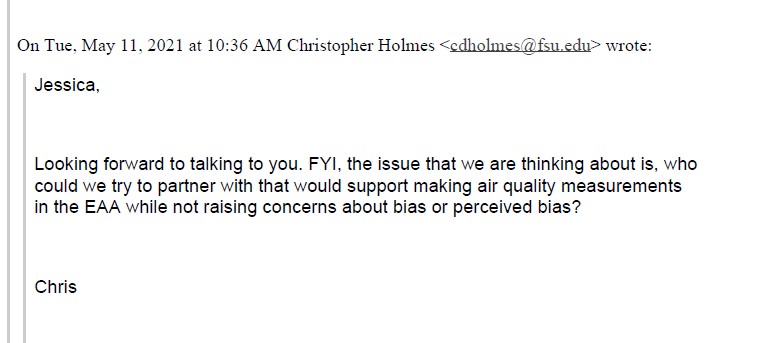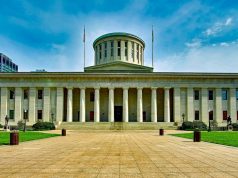
COLUMBUS, OH — In a significant disclosure, the Scioto Post has obtained a series of emails that reveal communications between environmental activists from the Sierra Club and academics at Miami University of Ohio and Florida State University (FSU), raising allegations of potential bias in environmental research.
These communications have led to allegations of a possible anti-agriculture bias in environmental research done by institutions right here at home, raising serious concerns about the integrity and objectivity of academic studies and how they impact Ohio’s agricultural community.
The Sierra Club’s involvement in academic research is particularly significant given the growing debates around environmental policies and their impact on the agricultural sector in states like Ohio. These communications raise serious questions about the objective approach of scientific research, its methodology, and the implications for Ohio’s agricultural industry and its workforce.
The emails disclose discussions among academics from Miami, FSU and the Sierra Club that highlight concerns regarding the scientific objectivity in environmental research pertaining to long-established agricultural practices. This debate came into the spotlight with a recent study lead by FSU, which estimated that sugarcane fires in South Florida emit harmful particulate matter at levels comparable to motor vehicles, potentially impacting mortality rates in the region. Before the contentious study was published, public email exchanges showed efforts to hide biases by carefully selecting authors and contributors. Christopher Holmes from FSU stated, “FYI, the issue that we are thinking about is, who could we try to partner with that would support making air quality measurements in the EAA while not raising concerns about bias or perceived bias?”

Following up on this, Dr. Jessica McCarty from Miami openly acknowledged the issue of bias, saying, “The bias issue is real, and I have some ideas on that. I have actually said to the Sierra Club that now that I have worked with them, I need to be very careful in my science… because it will be perceived as biased.” This admission is particularly unsettling given Ohio’s reliance on agriculture as a key economic driver.
Notably, these findings have significant implications for agricultural workers, particularly those from underrepresented communities. Biased research may result in policies that fail to address the unique challenges these communities face, potentially exacerbating existing inequalities in the agricultural sector. Agriculture ranks as the top contributor to Ohio’s economy, with over 74,500 farms and accounting for one out of every seven jobs in Ohio. This sector provides opportunities and security for numerous states and communities across the country.
The recent disclosures from the email exchanges prompt important questions about the integrity of academic research within institutions like Miami University of Ohio and FSU. These communications highlight the necessity for a thorough evaluation of external influences, such as groups like the Sierra Club that may affect the objectivity, methodology, and overall credibility of scientific studies conducted at our academic institutions.
The recent disclosures underscore the critical importance of eliminating bias and bolstering transparency in academic research, particularly in fields that directly impact Ohio’s vital agricultural sector. The integrity of academic research and the well-being of our farmers and agriculture workers across the country depend on it.











